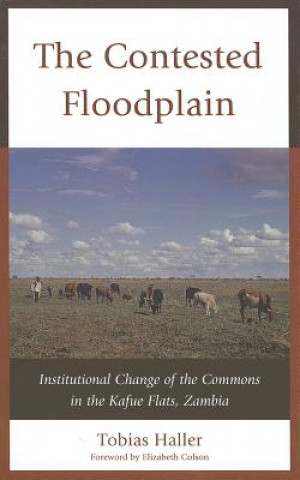
Kod: 04669380
Contested Floodplain
Autor Tobias Haller
The Contested Floodplain tells the story of institutional changes in the management of common pool resources (pasture, wildlife, and fisheries) among Ila and Balundwe agro-pastoralists and Batwa fishermen in the Kafue Flats, in so ... więcej
- Język:
 Angielski
Angielski - Oprawa: Twarda
- Liczba stron: 576
Wydawca: Lexington Books, 2012
- Więcej informacji o książce

Zobacz książki o podobnej tematyce
-

Queen of the Moon Oracle
98.08 zł -13 % -

Shigley's Mechanical Engineering Design, 11th Edition, Si Units
329.79 zł -

The Bucket List
135.34 zł -12 % -

Getting Things Done
76.14 zł -13 % -
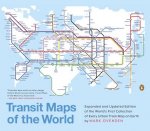
Transit Maps of the World
138.90 zł -13 % -

Eat Beautiful
113.31 zł -23 % -

Sleigh Rides and Silver Bells at the Christmas Fair
43.04 zł -23 % -

Super Structures
188.25 zł -

Between Faith and Doubt
290.90 zł -
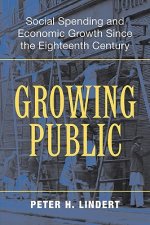
Growing Public: Volume 1, The Story
322.58 zł -

Lord Byron
38.58 zł -23 % -

Thorfinn the Mighty
93.91 zł -15 % -

Jane Foster: The Saga Of The Mighty Thor
176.16 zł -11 % -
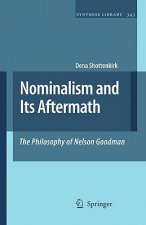
Nominalism and Its Aftermath: The Philosophy of Nelson Goodman
573.28 zł -

Reading Puzzle: Phonics, Grades K-3
106.40 zł -

Churches and Castles of Medi Val France .
120.42 zł -9 % -
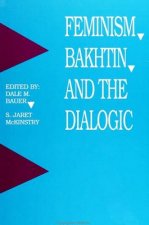
Feminism, Bakhtin and the Dialogic
520.18 zł -

When Blood and Bones Cry Out
257.60 zł -
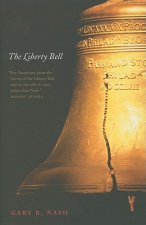
Liberty Bell
200.02 zł -

Conrad & Eleanor
75.74 zł -3 % -
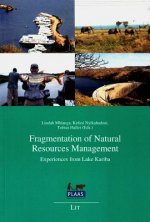
Fragmentation of Natural Resources Management
140.32 zł
Bon podarunkowy: Radość gwarantowana
- Podaruj bon o dowolnej wartości, a my się zajmiemy resztą.
- Bon podarunkowy dotyczy całej naszej oferty.
- Możesz wydrukować elektroniczny bon z e-maila a następnie przekazać go obdarowanemu.
- Ważność bonu wynosi 12 miesięcy od daty wystawienia.
Więcej informacji o Contested Floodplain
Za ten zakup dostaniesz 605 punkty
 Opis
Opis
The Contested Floodplain tells the story of institutional changes in the management of common pool resources (pasture, wildlife, and fisheries) among Ila and Balundwe agro-pastoralists and Batwa fishermen in the Kafue Flats, in southern Zambia. It explains how and why a once rich floodplain area, managed under local common property regimes, becomes a poor man's place and a degraded resource area. Based on social anthropological field research, the book explains how well working institutions in the past, regulating communal access to resources, have turned into state property and open access or privatization. As a basis for analysis, the author uses Elinor Ostrom's design principles for well working institutions and the approach of the New Institutionalism by Jean Ensminger. The latter approach focuses on external factors and change in relative prices. It explains how local actors face changing bargaining power and use different ideologies to legitimize and shape resource use regulations. The study focuses on the historic developments taking place since pre-colonial and colonial times up to today. Haller shows how the commons had been well regulated by local institutions in the past, often embedded in religious belief systems. He then explains the transformation from common property to state property since colonial times. When the state is unable to provide well functioning institutions due to a lack in financial income, it contributes to de facto open access and degradation of the commons. The Zambian copper-based economy has faced crisis since 1975, and many Zambians have to look for economic alternatives and find ways to profit from the lack of state control (a paradox of the present-absent state). And while the state is absent, external actors use the ideology of citizenship to justify free use of resources during conflicts with local people. Also within Zambian communities, floodplain resources are highly contested, which is illustrated through conflicts over a proposed irrigation scheme in the area. The different actors and interest groups use ideologies such as citizenship vs. being indigenous, ethnic identity vs. class conflict, and modernity vs traditional way of life to legitimize land claims.
 Szczegóły książki
Szczegóły książki
Kategoria Książki po angielsku Earth sciences, geography, environment, planning Geography Physical geography & topography
1046.67 zł
- Pełny tytuł: Contested Floodplain
- Podtytuł: Institutional Change of the Commons in the Kafue Flats, Zambia
- Autor: Tobias Haller
- Język:
 Angielski
Angielski - Oprawa: Twarda
- Liczba stron: 576
- EAN: 9780739169568
- ISBN: 0739169564
- ID: 04669380
- Wydawca: Lexington Books
- Waga: 938 g
- Wymiary: 160 × 237 × 40 mm
- Data wydania: 27. December 2012
Ulubione w innej kategorii
-

Antarctica
272.52 zł -15 % -
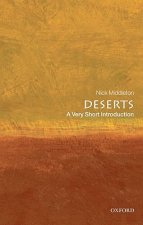
Deserts: A Very Short Introduction
55.73 zł -9 % -

Berge
451.23 zł -9 % -

Life of Jose Maria Sobral
124.78 zł -9 % -

Great Trees of Britain and Ireland
117.17 zł -23 % -

Forests: A Very Short Introduction
43.04 zł -23 % -

Ax Book
94.12 zł -9 % -

Forests of Central Africa
357 zł -4 % -

Introducing Physical Geography, Sixth Edition
1008.28 zł -
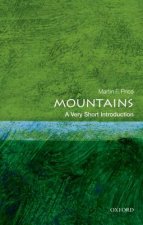
Mountains: A Very Short Introduction
43.04 zł -23 % -

Notebooks from New Guinea
61.73 zł -23 % -
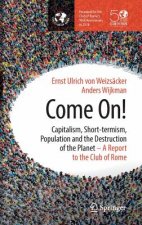
Come On!
152.30 zł -8 % -
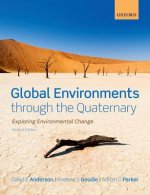
Global Environments through the Quaternary
321.16 zł -

Unseen Extremes
186.32 zł -23 % -
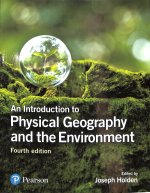
Introduction to Physical Geography and the Environment, An
395.59 zł -

Rainforest
186.52 zł -23 % -

Physical Geography
310.80 zł -14 % -
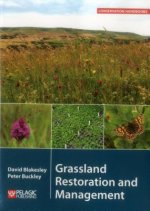
Grassland Restoration and Management
265.21 zł -
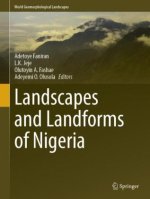
Landscapes and Landforms of Nigeria
1051.54 zł -
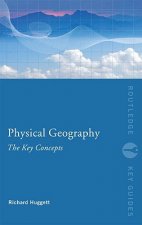
Physical Geography: The Key Concepts
179.41 zł -

Wild Light
129.76 zł -14 % -
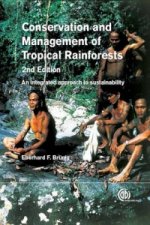
Conservation and Management of Tropical Rainforests
1085.86 zł -
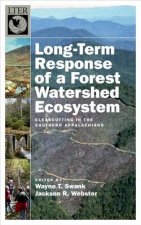
Long-Term Response of a Forest Watershed Ecosystem
485.86 zł -

Forest Mensuration 5e
692.29 zł -

Thoreau's Animals
154.13 zł -10 % -

Higher Calling
47.71 zł -23 % -
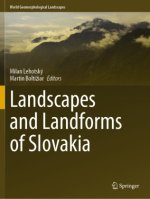
Landscapes and Landforms of Slovakia
752.91 zł -2 % -

Ecology of Riparian Forests in Japan
881.46 zł -

Global Casino
815.05 zł -
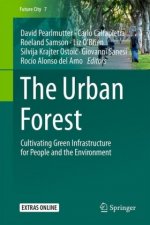
Urban Forest
706.20 zł -2 % -

Nature of the Rainforest
140.52 zł -8 % -
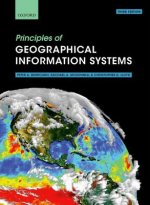
Principles of Geographical Information Systems
589.33 zł -
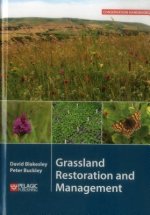
Grassland Restoration and Management
439.86 zł -

Mountain Meteorology
1110.43 zł -

Forest Hydrology
664.47 zł -

Ecosystems Biodiversity
530.84 zł -

Soils of Poland
511.45 zł -

Desert Solitaire
165.40 zł -4 % -

Rainforest
152.81 zł -15 % -

Wild Sea
159.41 zł -
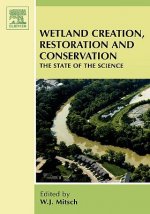
Wetland Creation, Restoration, and Conservation
606.49 zł -

Forest Ecology
683.86 zł -
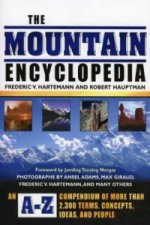
Mountain Encyclopedia
650.66 zł -
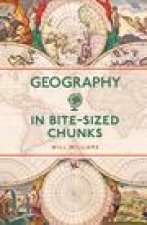
Geography in Bite-sized Chunks
38.58 zł -23 % -
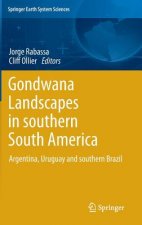
Gondwana Landscapes in southern South America
1138.25 zł -

Physical Geography of Mongolia
883.39 zł -

Forests: Ecology, Diversity and Conservation
666.40 zł -
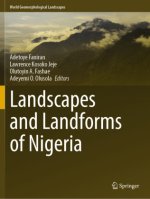
Landscapes and Landforms of Nigeria
887.65 zł -

Everglades
179.31 zł -9 %
zadowolonych klientów
Od roku 2008 obsłużyliśmy wielu miłośników książek, ale dla nas każdy był tym wyjątkowym.
Copyright! ©2008-24 libristo.pl Wszelkie prawa zastrzeżonePrywatnieCookies



 21 milionów książek
21 milionów książek Dostawa 10.99 zł
Dostawa 10.99 zł (32) 444 93 66 (8-15.30h)
(32) 444 93 66 (8-15.30h)